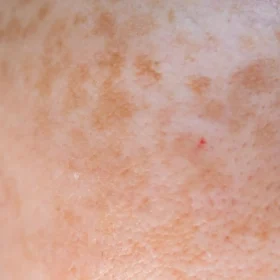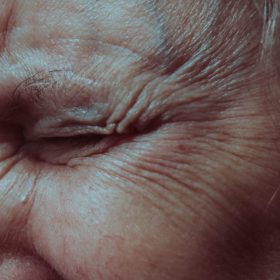Human Adipose Tissue for Research
Human Adipose Tissue for Research
Cryopreserved Human Subcutaneous Adipose Tissue Cells—available as mesenchymal stem cells or pre-adipocytes—offer a reliable, physiologically relevant model for in vitro studies in adipogenesis, metabolic research, and regenerative medicine. Sourced ethically from adult donors, these high-viability cells are ideal for exploring fat tissue biology, stem cell differentiation, and disease modeling.
Human Subcutaneous Adipose Tissue Cells – Cryopreserved for Human Adipose Tissue Research
For In Vitro Studies in Adipogenesis, Metabolism & Regenerative Medicine
Advance your metabolic, stem cell, and tissue engineering research with high-quality Human Subcutaneous Adipose Tissue Cells from CTIBiotech. Sourced from healthy adult donors and cryopreserved for optimal viability, these cells provide a physiologically relevant platform for in vitro studies related to fat metabolism, adipogenesis, obesity-related diabetes research, and multilocular fat development studies.
This product category includes both mesenchymal stem cells and pre-adipocytes, offering versatile options for a range of applications in biomedical and cosmetic research.
Key Features
-
✅Two Human Adipose Cell Types
Choose from mesenchymal stem cells or pre-adipocytes for targeted adipose tissue modeling.
-
✅Cryopreserved and Ready to Use
Each vial contains 1.0 × 10⁶ cells, validated for post-thaw viability and direct use in culture. - ✅ Ethically Sourced
Cells are obtained from healthy adult donors under informed consent and strict regulatory standards. -
✅Metabolic & Differentiation Studies
Perfect for in vitro research involving lipid storage, stem cell lineage tracing, diabetes, and energy balance. -
✅Compatible with Histology and 3D Cultures
Supports advanced applications such as tissue sectioning, co-culture models, and scaffold-based engineering.
Need More Information or Ready to Order?
Contact our team at [email protected] for pricing, availability, or technical specifications. We’re here to support your next breakthrough.
Applications
- Human adipose tissue composition analysis
- White vs. brown adipose tissue comparison
- Adipose-derived stem cell research
- Adipogenesis and lipid metabolism assays
- Adipose tissue and diabetes studies
- Histological profiling of multilocular adipose tissue
Benefits
-
✅ High Viability Post-Thaw
Cryopreserved cells are quality-checked for excellent recovery and functionality, ensuring consistent experimental results.✅ Relevant to Human Physiology
Sourced from healthy adult donors, these human adipose-derived cells closely mimic native adipose tissue composition and behavior in vitro.✅ Versatile Research Applications
Ideal for studies in adipogenesis, metabolism, diabetes, and obesity-related disorders, using either mesenchymal stem cells or pre-adipocytes.✅ Supports White & Brown Fat Research
Use in comparative studies of white vs. brown adipose tissue to investigate energy storage vs. thermogenesis roles.✅ Suitable for Advanced Models
Compatible with 2D and 3D culture systems, co-culture setups, and tissue engineering platforms.✅ Ethically Sourced & Fully Characterized
Cells are ethically obtained and rigorously tested for identity, purity, and performance—ready for immediate research use.
Product Variations
Product Variations
| Product | SKU | Product Details | Size Unit | Shipping Temperature | Storage Temperature |
|---|---|---|---|---|---|
| Human Subcutaneous Adipose Tissue Cells | CTI.CC1.9 | Human Subcutaneous Adipose Tissue Mesenchymal Stem Cells, Cryopreserved | 1.0⁶ cells | -80°C or lower | -175°C or lower |
| CTI.CC1.10 | Human Subcutaneous Pre-Adipocytes, Cryopreserved | 1.0⁶ cells | -80°C or lower | -175°C or lower |












